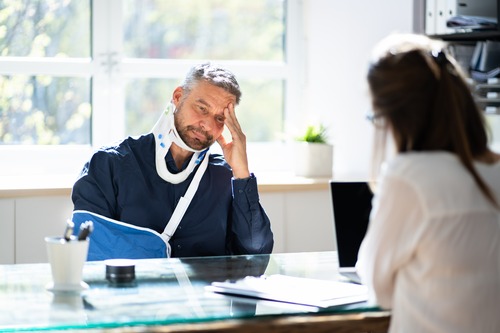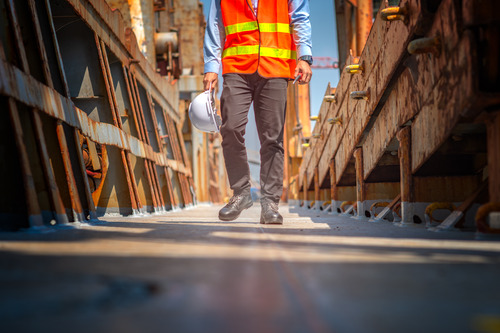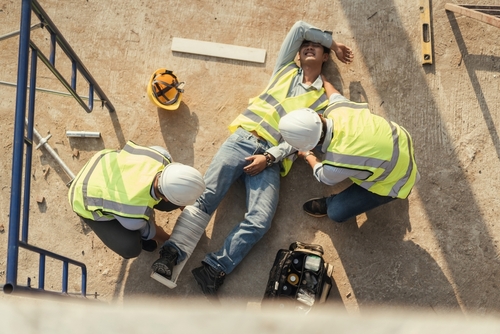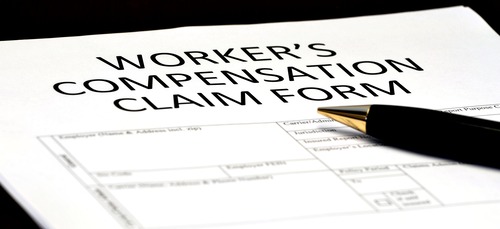What Is a Deposition in a Personal Injury Lawsuit?
A deposition is a vital element of a personal injury lawsuit. It is an out-of-court testimony involving the parties to the lawsuit. Witnesses also give testimony during a deposition. In addition, a deposition happens after filing a lawsuit but before the case goes to trial.
While getting deposed, the plaintiff, defendant, and witnesses recount their first-hand version of events. The latter is usually the accident or incident in question. During the testimony, both parties gather more information that would be useful to them during the trial.
For these reasons, it is important to get a Miami personal injury lawyer involved in your case. An attorney will watch your back and ensure you don’t say anything that would make you look guilty. A lawyer will also ensure you stick with your version of events, and the defense attorney does not make you contradict yourself.
How Important Is a Deposition in a Personal Injury Lawsuit?
A deposition applies in lawsuits arising from the following cases:
- Truck accidents
- Car accidents
- Bicycle accidents
- Motorcycle accidents
- Medical malpractice
- Slip and falls
- Nursing home abuse
- Workplace accidents, etc.
A deposition happens during the discovery process of a personal injury lawsuit. The defendant’s counsel might use the time to try to negotiate for a settlement. However, they mostly opt for a settlement when they see the strength of the evidence you have to prove your claim.
This is because, during a deposition, both the plaintiff and the defendant assess the strength and the weakness of each other’s claim. Also, a deposition lets both parties know each other’s viewpoint on the case. It helps prepare testimonies and legal arguments, and most importantly, prevents surprises at trial. Lastly, your Miami personal injury lawyer can use the deposition transcripts for cross-examination during trial.
Do You Have to Attend a Deposition?
Yes, you have to attend a deposition for the personal injury lawsuit to proceed. However, before attending one, your attorney will prepare you by coming up with a list of possible questions. These questions will be related to the accident and are the same as those you’ll answer during the trial.
Note that the questions would also get personal, as the other attorney would try to make you uncomfortable to make a mistake. So, you should mentally prepare yourself for the deposition and keep your cool at all times. Also, your attorney would be there to help you through the process.
What Can You Expect From a Deposition?
As already mentioned, a deposition is like a fishing expedition, with both parties looking to find new facts not stated in the lawsuit. Thus, during the deposition, there will be a court-appointed reporter. The reporter’s job is to get all statements and testimonies on video, and they can also record them in writing.
Most depositions take place in the conference room of the offices of one of the parties’ counsel. Most times, it can be that of the plaintiff’s attorneys. Depositions never take place in the courtroom; only trials do.
Furthermore, you should expect representatives of the fault party’s insurance carrier. You should not expect the defendant to be there while you’re getting deposed by their legal representatives. You will also not be present when they get deposed. But be assured that all parties involved will give a statement.
Another thing to expect is questions on your personal life, like your background, if relevant. You will also answer questions on your prior physical condition and injury suffered in the accident. Equally, expect to narrate how the accident happened and your post-accident life.
Below is a list of questions you can expect during a deposition:
- Have you suffered any related injuries in the past?
- Did you ever undergo any major surgery or medical treatment?
- Walk us through what happened when the accident occurred
- Narrate your actions immediately after the accident
- Who did you discuss the accident with, and what did they say?
- Did you receive medical treatment immediately?
- Who treated your injuries?
- What did your follow-up care require?
- What cost did you incur because of the accident?
When answering these questions, be as direct as possible. Don’t try to pad your answers, and ensure it’s the same with your statement to the police after the occurrence. For the preceding reason, ensure you refresh your memory before the start of proceedings.
Consult With a Miami Personal Injury Lawyer Today!
The one person you need at a personal injury lawsuit deposition is your attorney. A lawyer will watch out for you and keep you from making mistakes that jeopardize your case. Our personal injury lawyers at Miami Lawyers 360 are experienced in the trial process and will protect your interests. Contact us today for a free case review with one of our attorneys.






